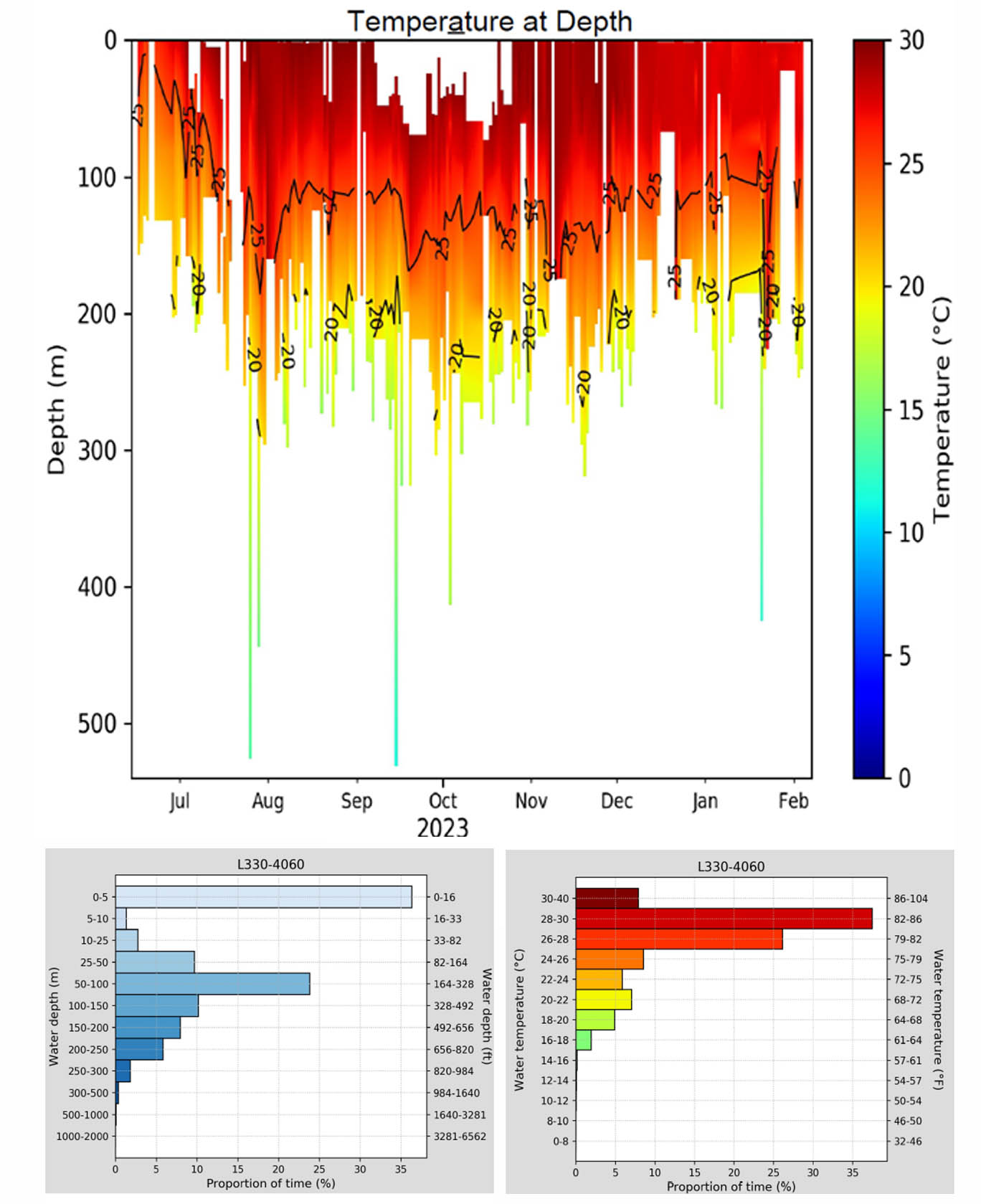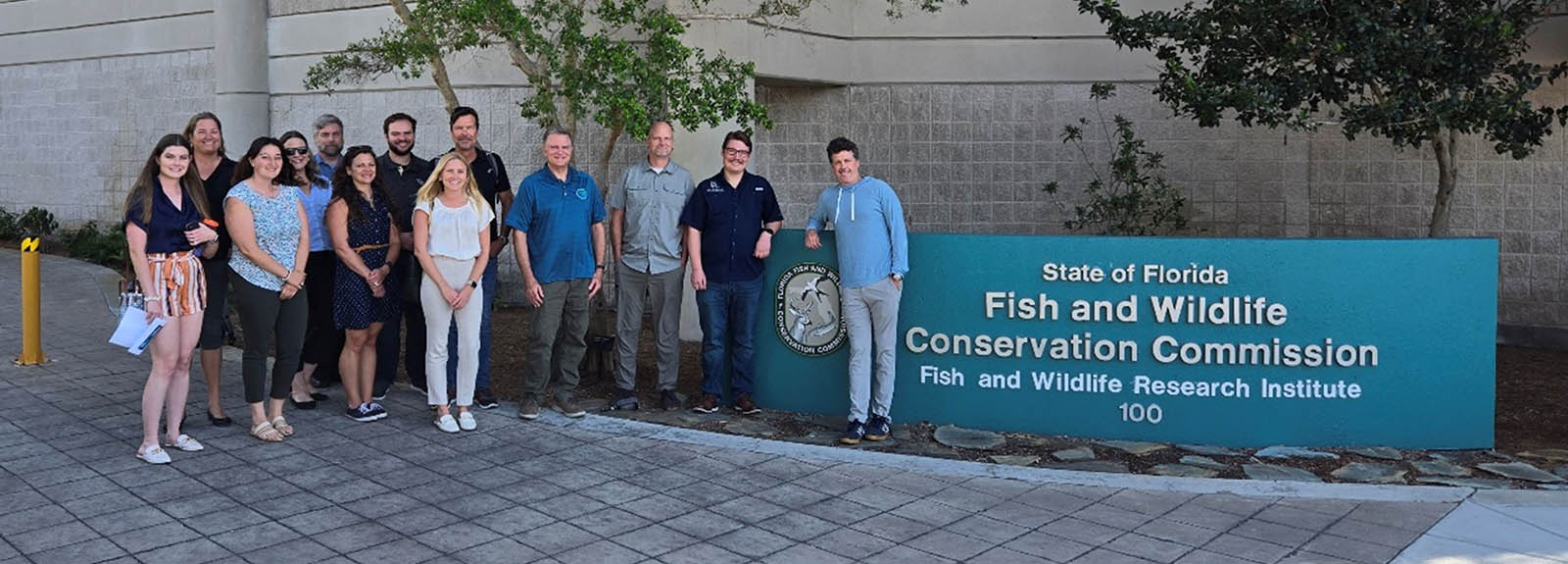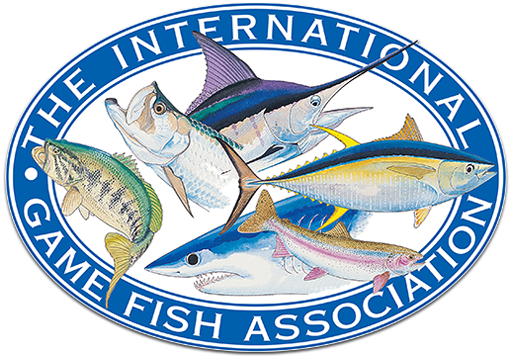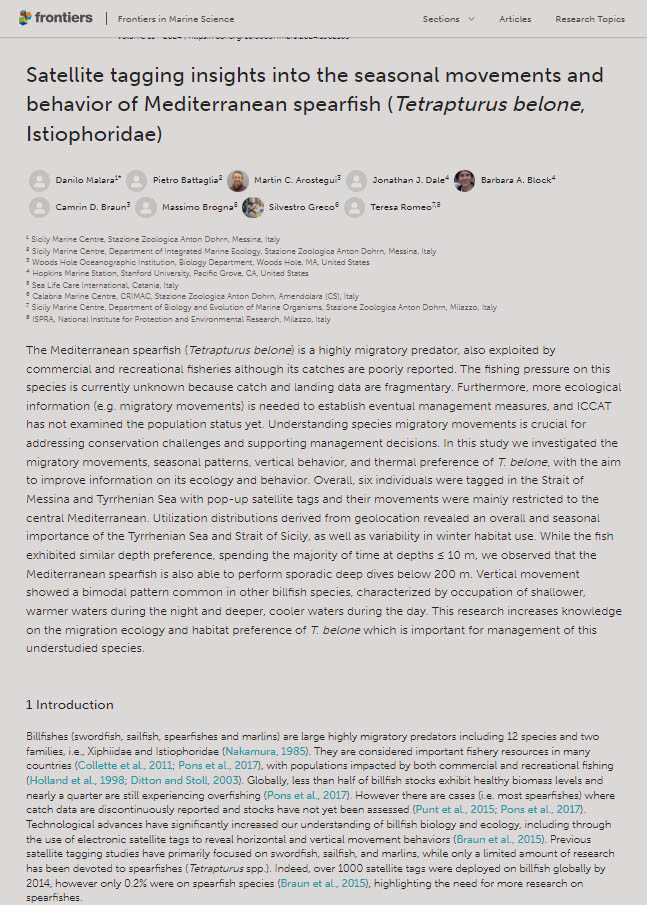IGFA's Conservation Update for June 2024
The IGFA continues to work on an international scale to ensure the rights of recreational anglers are maintained and the fisheries and habitats we hold dear are protected. Over the past quarter, the IGFA Conservation Department has been hard at work; please read the conservation update below for more information.
New Scientific Publication on the Understudied Mediterranean Spearfish
The IGFA is very pleased to announce a new scientific publication on the understudied Mediterranean spearfish. Over the past 4 years, under the leadership of IGFA Trustee Massimo Brogna, the IGFA and IGFA Great Marlin Race scientific partners at Stanford University have been working with researchers at Stazione Zoologica Anton Dohrn in Italy to deploy satellite tags on Mediterranean spearfish to learn more about their behavior and distribution in the Mediterranean. The new study is authored by researchers at Stazione Zoologica Anton Dohrn, Stanford University, Woods Hole Oceanographic Institute, and Sea Life Care International.
The study found Mediterranean spearfish (Tetrapturus belone) exhibit seasonal variability in habitat use, and that the Tyrrhenian Sea and Strait of Sicily were are seasonally important regions. The study also found these spearfish spend a vast majority of their time at the surface less than 10m deep with occasions dives to below 200m, similar to other billfish species. The Mediterranean spearfish was also similar to other billfish species in that it showed a clear pattern from day to night. During nighttime hours the fish remained in shallower, warmer waters and in the daytime the fish were inhabiting deeper, cooler water. With so little information about this species available, projects such as this are critical in developing a better understanding of their behavior and movement to inform fisheries management and conservation.
The IGFA would like to thank all those involved in this study, specifically IGFA Trustee Massimo Brogna, lead author Danilo Malara and colleagues at Stazione Zoologica Anton Dohrn, Barbara Block and Jon Dale at Stanford University, and IGFA record holder Martini Arostegui and Camrin Braun at WHOI.
Recent 2023 Big Rock Blue Marlin Tournament Satellite Tagging Results
Last month we revealed some of the incredible results from recent satellite tags deployed by the IGFA Great Marlin Race. To follow up we wanted to highlight one of the more interesting blue marlin tag tracks from last year’s Big Rock Blue Marlin Tournament. This blue marlin undertook a remarkable migratory path as one of the first IGFA Great Marlin Race blues to travel from the Atlantic into the Gulf of Mexico. This fish leaves the area offshore of North Carolina, travels to the Bahamas and back, then swims through the Straits of Florida into the Gulf toward Mexico/Belize before returning to Cay Sal Bank then back to the waters off Belize before the tag popped off the fish after a full 240 days. Overall, this fish swam an estimated total distance of 5,654nm. This 300lb blue marlin spent approximately 40% of the time within 10 m (33ft) of the surface where the water temperature ranged between 25 and 30˚C (77 – 86˚F). Time at depth was generally spent between 25 and 250 m (82 – 820 ft) where the water temperature ranged between 16 and 30˚C (61 – 86˚F). The deepest dive occurred in mid-September to a depth of 530 m (1739 ft) were the water temperature was 11˚C (52˚F), the coldest water experienced during the deployment.
Many thanks to this tag’s sponsor, John Roberts on the Weldor’s Ark along with Captain Dale Britt and tagger Chloe Mikles.

The 300lb blue marlin spent about 40% of its time within 10m (33ft) of the surface, where the water was 25-30°C (77-86°F). It generally stayed between 25 and 250m (82-820ft) in temperatures of 16-30°C (61-86°F). In mid-September, it made its deepest dive to 530m (1739ft), encountering water as cold as 11°C (52°F).
The IGFA is currently in North Carolina for the 2024 Big Rock Blue Marlin Tournament where satellite tags are being sponsored and deployed. Fingers crossed for another year of incredible results from this annual event.
8th Annual Forage Fish Research Program (FFRP) Data Workshop

On May 22, 2024 the Florida Forage Fish Coalition hosted the 8th Annual Forage Fish Research Program (FFRP) Data Workshop in St. Petersburg, Florida. Each year the coalition, made up of IGFA, American Sportfishing Association, Angler Action Foundation, Fish Florida, Florida Wildlife Federation, Pew Charitable Trust, and Wild Oceans, funds two graduate student fellowships. The fellows conduct research on forage fish, associated predators, and the critical habitats they call home in support of the program’s data partners at FWC’s FWRI, Tampa Bay Estuary Program, Southwest Florida Water Management District, and Florida Department of Environmental Protection/Aquatic Preserve Program. This year, presentations were given by each FFRP fellow. Hallie Repeta, from the University of South Florida, presented her work on forage fish dynamics on the West Florida Shelf, exploring perturbance scenarios through ecosystem modeling and network analysis. Christopher Crowder, from University of Central Florida, presented his work implementing complex spatial statistics to better understand fish habitat use and structure in Tampa Bay.
We would like to congratulate our fellows, Hallie and Chris, for their exceptional work over the past year and we look forward to hearing more from them as they continue their careers.
We are currently accepting proposals for 2024-2025 FFRP fellowships until June 28th, 2024. If you are a graduate student working with any of our data partners, please contact IGFA Conservation Director Bruce Pohlot ([email protected]) for more information.

